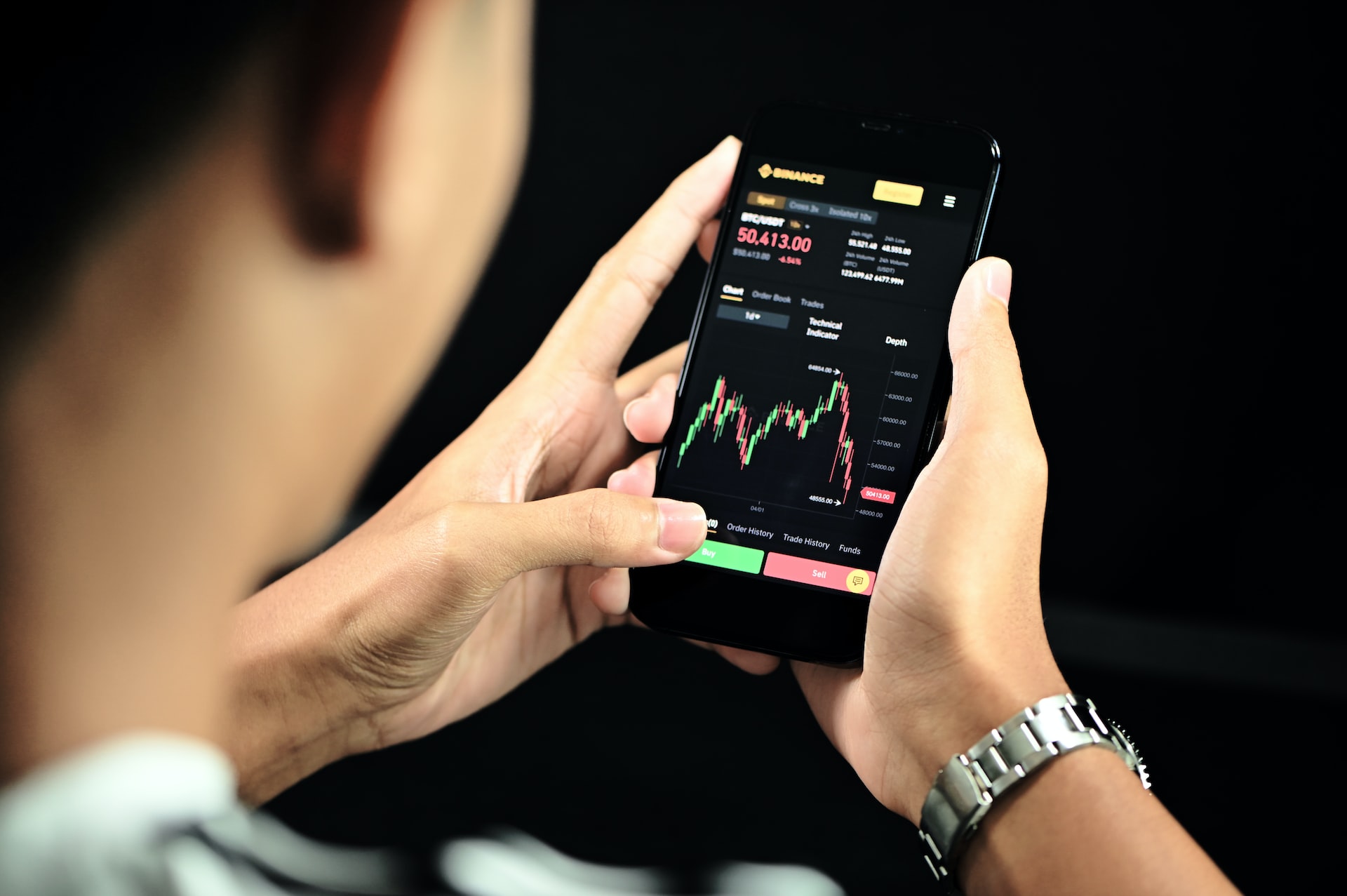Forex Trading in South Africa is subject to the supervision of the FSCA (Financial Sector Conduct Authority), the securities and financial regulatory body for South Africa. The FSB, now referred to as the FSCA, approves the offering of derivative instruments. And instruments that are offered to traders in SA. Trading in Forex within South Africa is 100% legal when you trade with a licensed and regulated broker. Around $25 billion USD/ 40 1000 500 000 ZAR is traded daily on the South African FX Market. Let’s find out whether we should create fx account or not?
What is Forex Trading – Overview?
Forex Trading is a network of sellers and buyers who exchange currency between them at a price that is agreed upon.
Trading in Forex is the act of speculating on the prices of commodities and currencies in order to make money.
Forex,which is often referred to as FX, is a decentralized global marketplace that allows all currencies of the world to trade with each other. What makes Forex attractive is that it’s one of the most liquid markets around the globe, with average daily trading values of more than $5 trillion.
South Africans can legally trade on the market for foreign exchange through any FSCA licensed forex broker licensed to offer derivative instruments to traders from South Africa.
In South Africa, more than 25 billion US Dollars ( around R400 Billion Rand ) are traded daily.
A simple analogy that can aid potential traders in understanding the Forex market is to look at a retail shop that sells its merchandise at a lower cost because they purchase in large quantities. Selling a vast number of goods to their clients is viewed as “liquidity” in a “liquid market”. The store makes money by selling at a low cost, and the lower price ensures that its customers come back to purchase more. Are there any best forex broker south Africa?
In the past, Forex was a privileged game, only played by wealthy investors or large corporations. In the past, however, as the advent of an online platform for trading have taken over the market. Forex trading has become accessible for any individual or retail investor.
Currency Trading: How it Works.
Currencies are traded against one with respect to currency pairs. For example, such as, USD/ZAR. The process of trading in currencies is usually conducted by central and international banks as central banks are the primary component in trading on the Forex Market. An forex trader can buy or sell currency with the primary goal of earning a profit. Profit and loss are the differences between the rate of purchase and sale of the currency pairs that are traded.
In essence, Forex is about trying to speculate on the fluctuations of currencies between two countries, as shown in the above example – USD: United States Dollar $ and ZAR: South African Rand R.
These two currencies are commonly called ‘currency pairs’ comprised by the primary currency and the quote currency.
- The initial money (USD in this instance) set on the Forex pair is known by its name as the “base” currency. It is the currency purchased or traded for the quote currency.
Some of the most well-known significant currency pair include USD/USD and USD/JPY. Other popular pairs include GBP/USD and USD/CHF.
Forex Broker Selection – 3 Key Factors to Consider
Broker Regulation
Any central regulator does not control the Forex market. Beginner traders should seek out regulators in the country where they reside. For instance, South African Forex brokers will be monitored by the Financial Sector Conduct Authority or FSCA.
Quality of Service
It is crucial to think about the level of service provided by the broker you are considering. The benefits to be considered comprise the platform for trading that they offer, trading tools available, and customer support, just to name the most important.
Broker Cost
Online Forex trading is and has proven to be very lucrative, but using Brokers’ services will come with a price. It could cost you the minimum amount required to start an account, a fee for each trade, a rolling fee or withdrawal and deposit fees.
